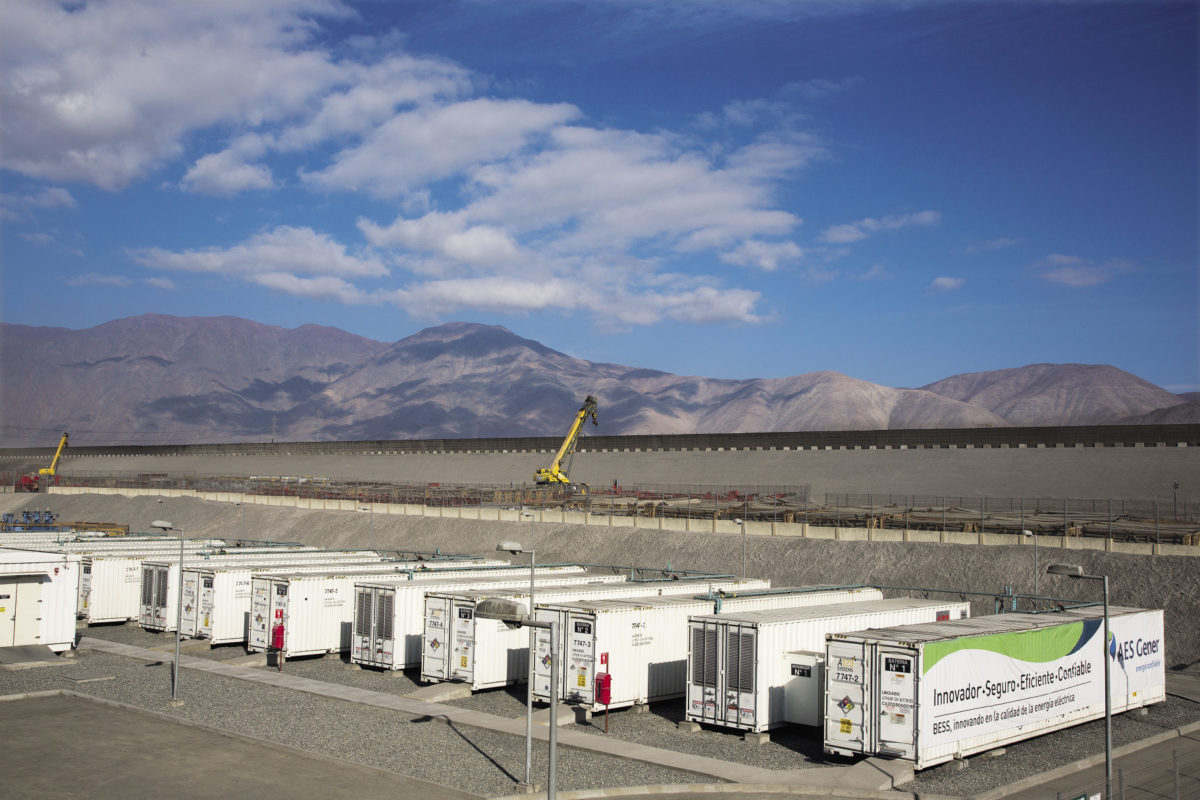From pv magazine USA.
Solar-plus-storage has 99.8% of the capacity value of a theoretical “perfect generator” in California’s CAISO grid region.
That’s the finding of a joint study commissioned by California’s three major utilities, based on a 500-MW solar farm paired with 500 MW of 4-hour storage, with a 500-MW interconnection.
A similar result emerged from a study of stand-alone storage in the PJM grid region, which found that 4 GW of 4-hour storage could provide capacity of “equivalent reliability value” to that supplied by conventional power plants in PJM.
Both the CAISO and PJM studies were conducted by Astrapé Consulting.
The California study found solar-plus-storage capacity values in the CAISO region would gradually decline to 93.2% by 2030, as storage capacity in the region grows from 1.1 GW to 3.4 GW, based on the utilities’ resource plans.
Added storage reduces the capacity value of solar-plus-storage because as storage lowers the peak load, it broadens the duration of the peak period beyond four hours.
Solar-plus-storage capacity values for Arizona and New Mexico were also calculated, starting at 99% in both states in 2022 and declining to 90.5% in both states by 2030.
California measures capacity value through the metric “effective load carrying capability,” which compares a resource to a theoretical “perfect generator.”
The California Public Utilities Commission ordered the three California utilities to conduct the study.
Capacity values for solar paired with 1-hour and 2-hour storage are expected to be presented in a follow-up report by year-end.
The Astrapé study was conducted by Kevin Carden, Alex Dombrowsky and Chase Winkler.
This content is protected by copyright and may not be reused. If you want to cooperate with us and would like to reuse some of our content, please contact: editors@pv-magazine.com.



By submitting this form you agree to pv magazine using your data for the purposes of publishing your comment.
Your personal data will only be disclosed or otherwise transmitted to third parties for the purposes of spam filtering or if this is necessary for technical maintenance of the website. Any other transfer to third parties will not take place unless this is justified on the basis of applicable data protection regulations or if pv magazine is legally obliged to do so.
You may revoke this consent at any time with effect for the future, in which case your personal data will be deleted immediately. Otherwise, your data will be deleted if pv magazine has processed your request or the purpose of data storage is fulfilled.
Further information on data privacy can be found in our Data Protection Policy.